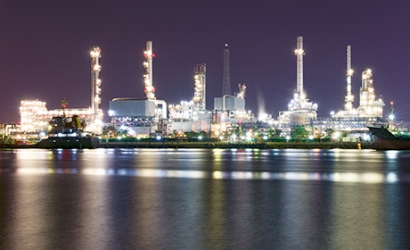
Eni's Venice and Gela biorefineries will soon recycle used cooking oil from restaurants in Vatican City. After undergoing a purification and regeneration process, the cooking oil will be used to produce Eni Diesel+ to power the Vatican’s vehicles.
This initiative will create a circular economy cycle, where the waste will be re-used to produce biofuels in the Eni biorefinery in Porto Marghera, Venice, the world’s first conventional refinery to be converted into a biorefinery using a proprietary Eni technology which enables the production of cleaner, higher-quality fuels.
Since May 2014, the Venice biorefinery has been producing biofuels using ever increasing quantities of used cooking oils, animal fats and other waste raw materials to replace vegetable oils certified for sustainability; the Gela biorefinery will be launched within the first quarter of 2019, after undergoing the same conversion.
According to Eni, tests conducted in company’s, and CNR Istituto Motori's laboratories, have shown that the use of Eni Diesel+ reduces polluting emissions by up to 40 percent, in particular nitrogen oxides, primary and secondary particulates. In addition, the high calorific value and the presence of a detergent additive keeps the engine clean and reduces the need for maintenance interventions. Combustion efficiency is improved and lower fuel consumption of up to 4 percent can be achieved.

